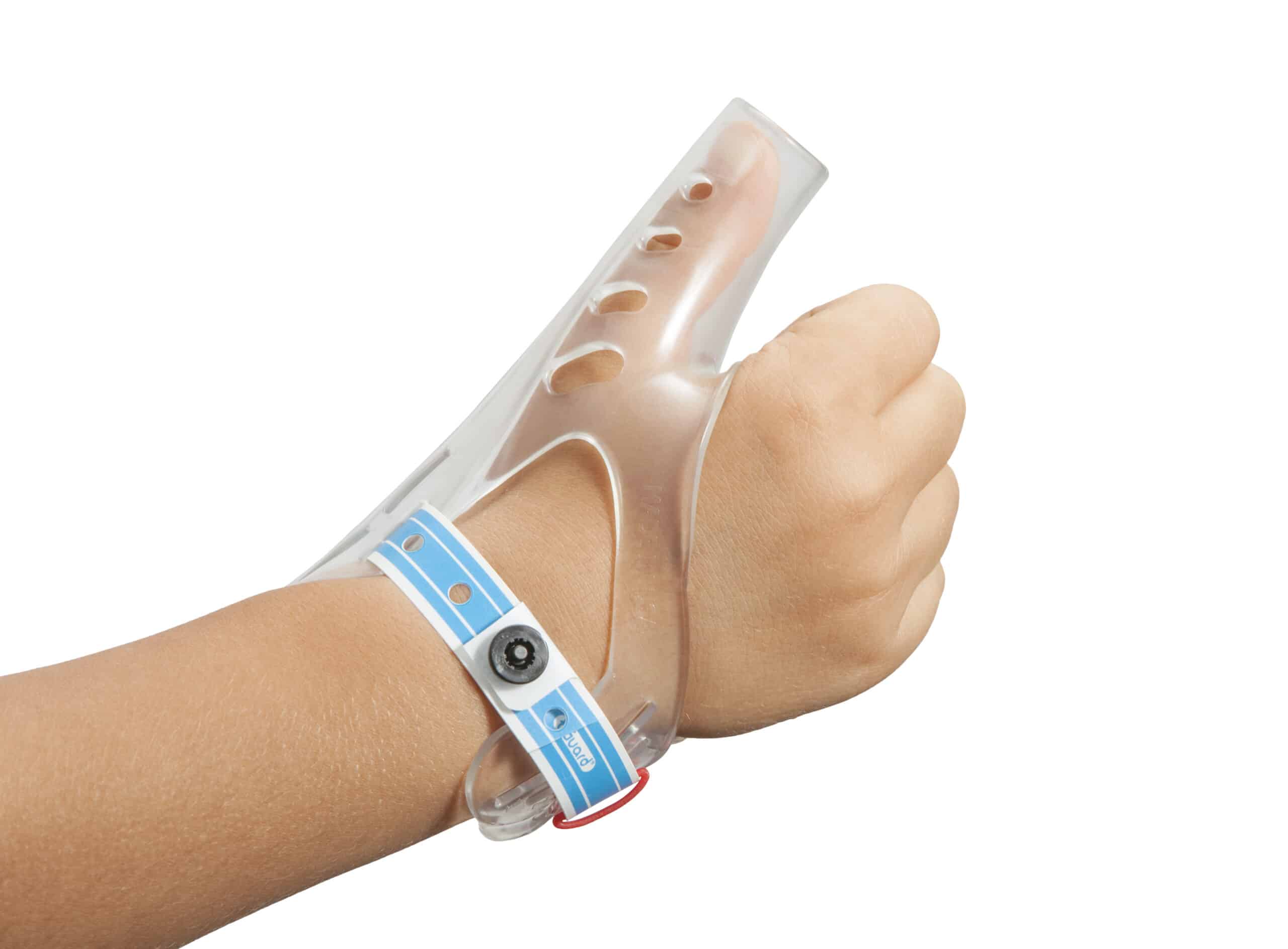One of the biggest concerns we hear from parents is about their child's thumb-sucking habit. Our advice: if they are under the age of 4, no need for concern. If they are older, though, you should be concerned about the possible effects on their bites.
Thumb sucking is a universal habit among infants and toddlers and swallowing patterns associated with them during the meal. You can purchase tguard thumb via https://www.amazon.co.uk/Age-2-7-Stop-Thumb-Sucking/dp/B00VQU2DZS. It can be a great help for parents who want to restrict the habit of thumb sucking in children.

Image Source: Google
When they swallow, tongue thrust them forward to create a seal with a lip around the breast or bottle nipples. Many pediatricians believe replicates nursing thumb sucking and thus have a calming effect on the baby.
Around the age of four, though, the swallowing pattern is changing to accommodate solids. The tongue now begins to rest behind the upper front teeth during swallowing (try to swallow right now and you will see). For most children, thumb-sucking them also faded during this time and finally stopped.
But whatever the reason, some children do not stop. As the habit persists, continue to push the tongue forward rather than backward to the upper front teeth. Over time this can put undue pressure on both the upper and lower the front teeth and contribute to the development of the open bite, a small gap between the upper and lower teeth when the jaw is closed.
While the small end of the thumb sucking is not the only cause of open bite (abnormal bone growth in the jaw is one), the habit is still a prominent factor.